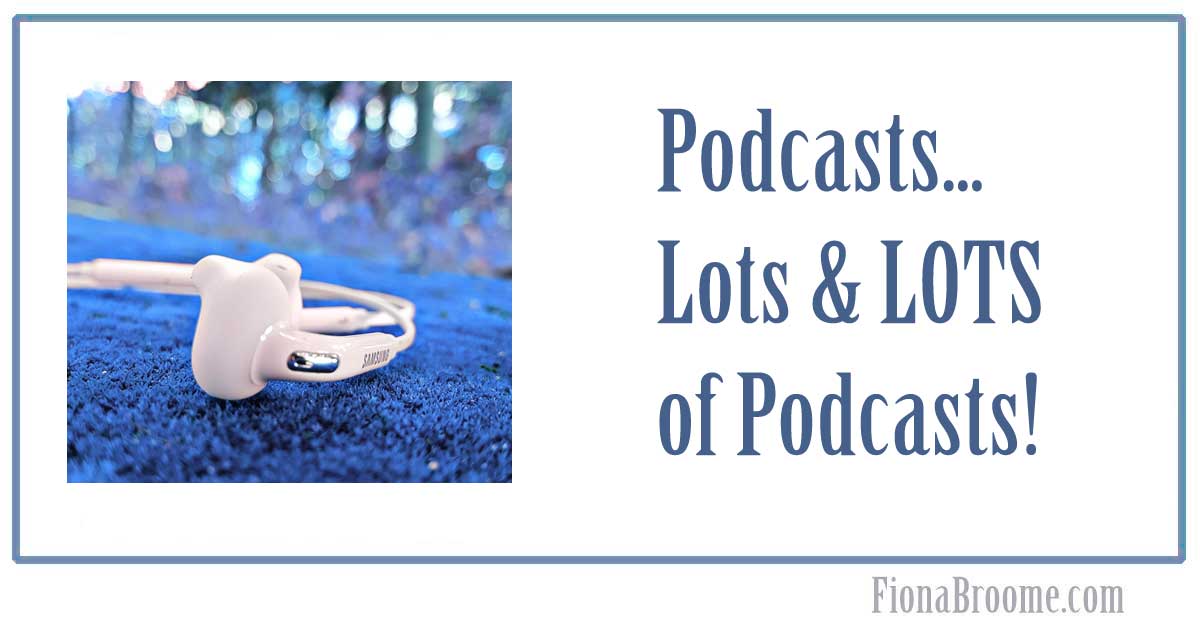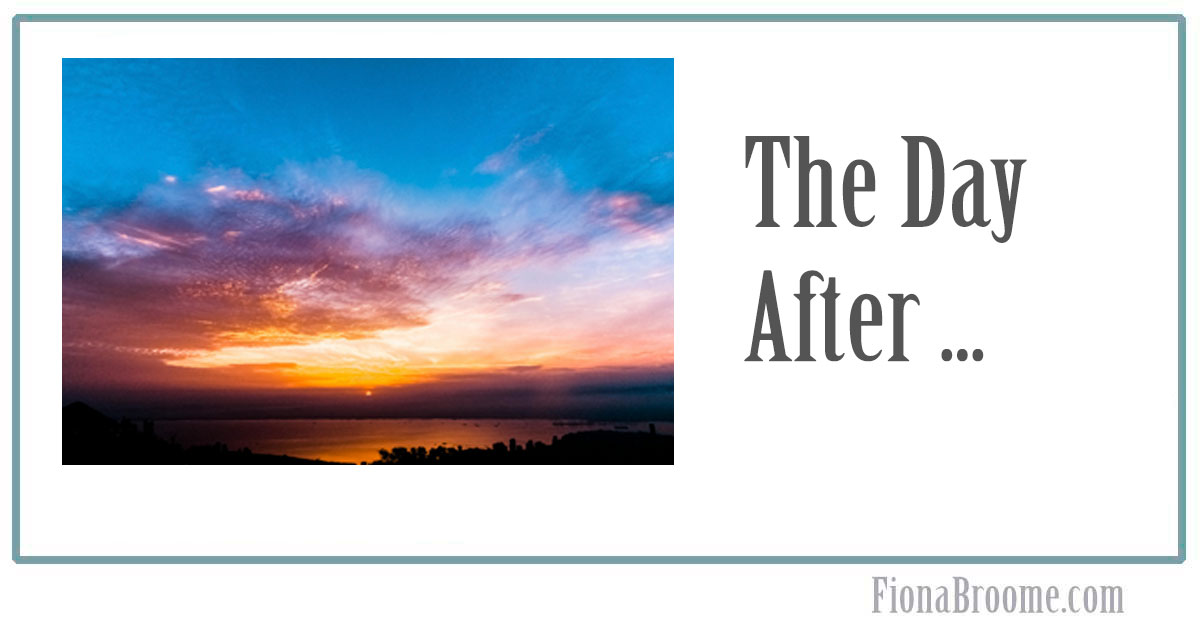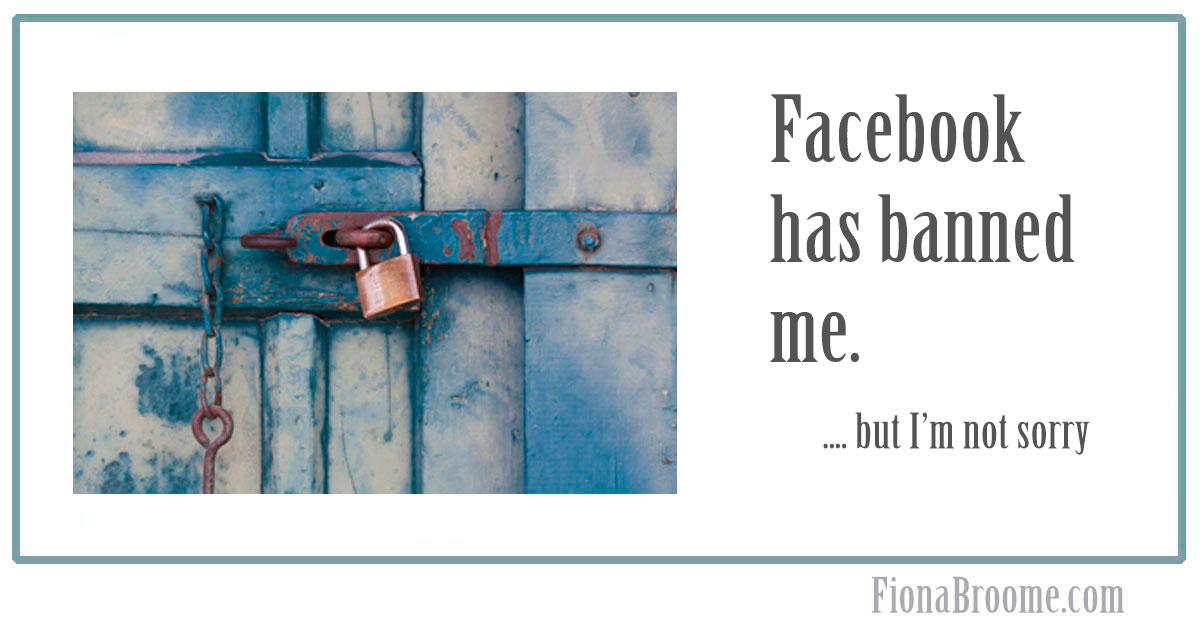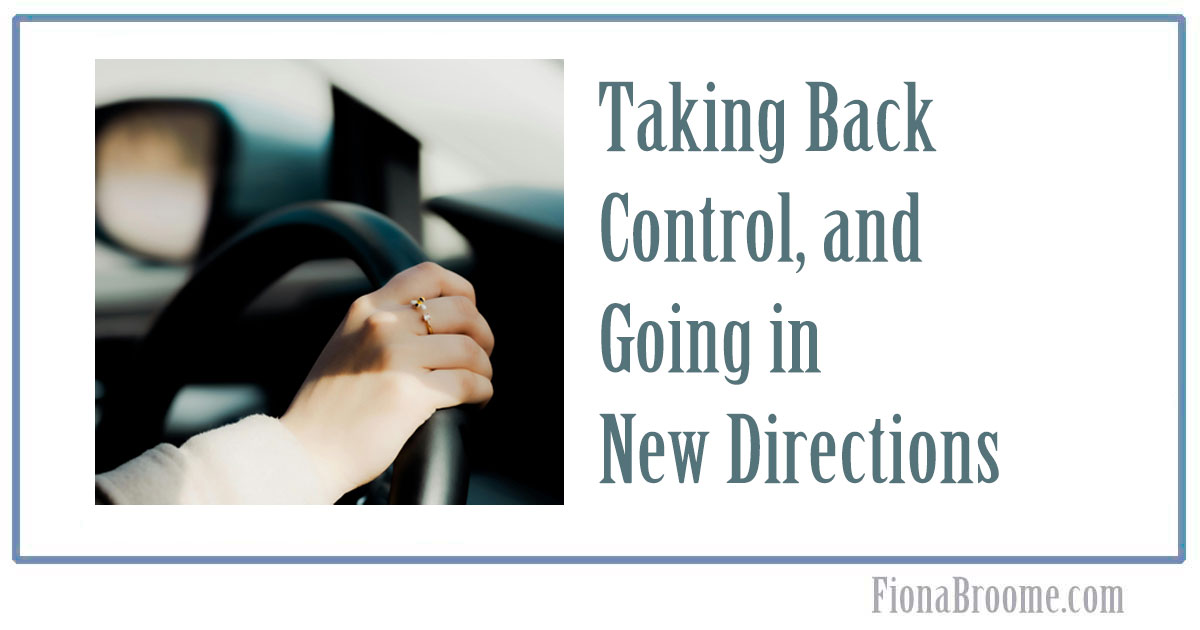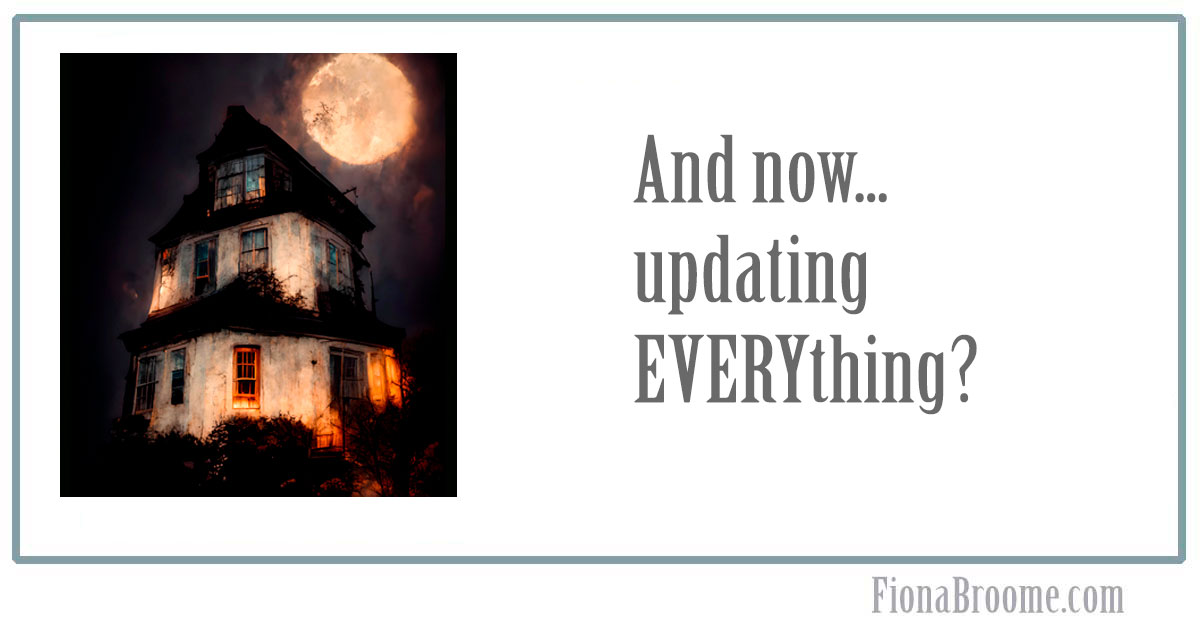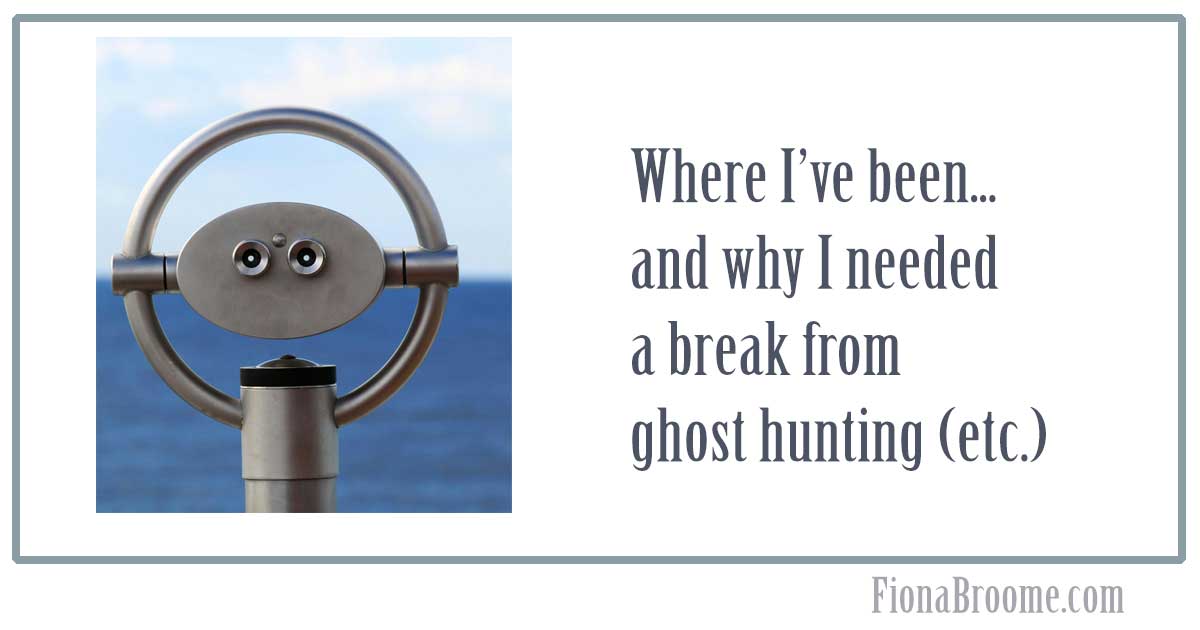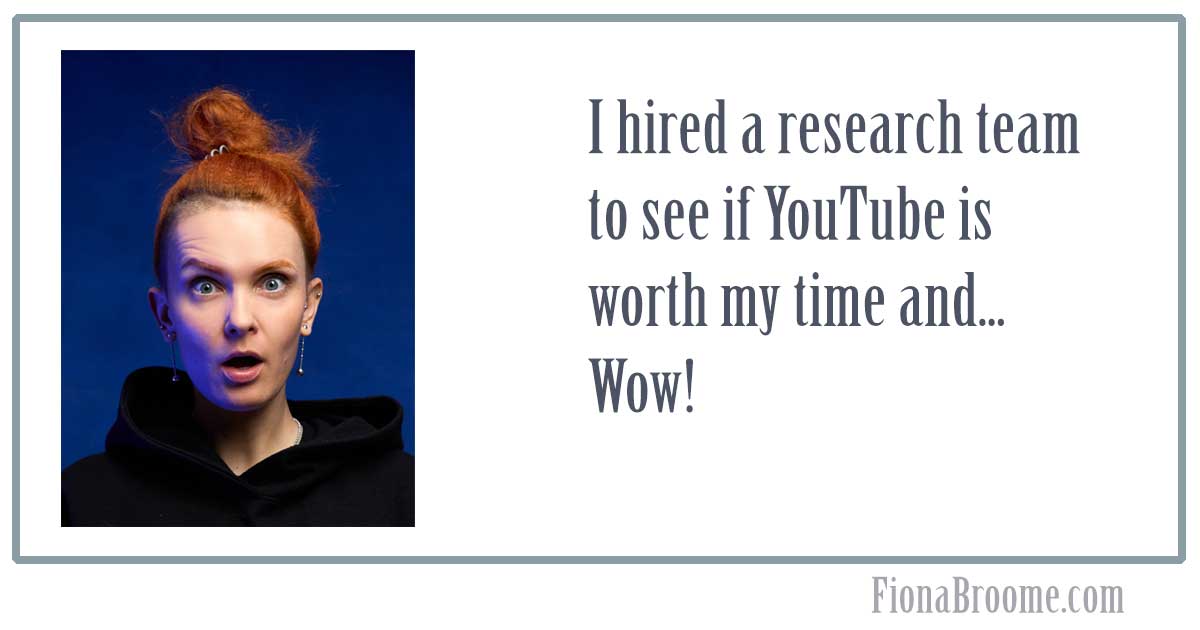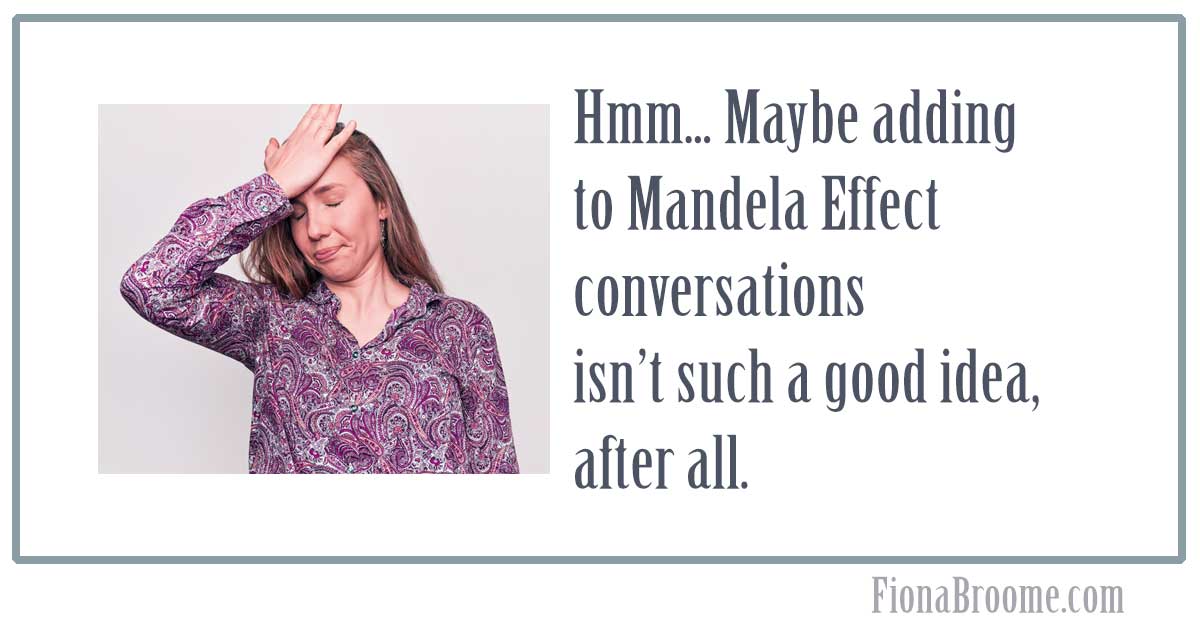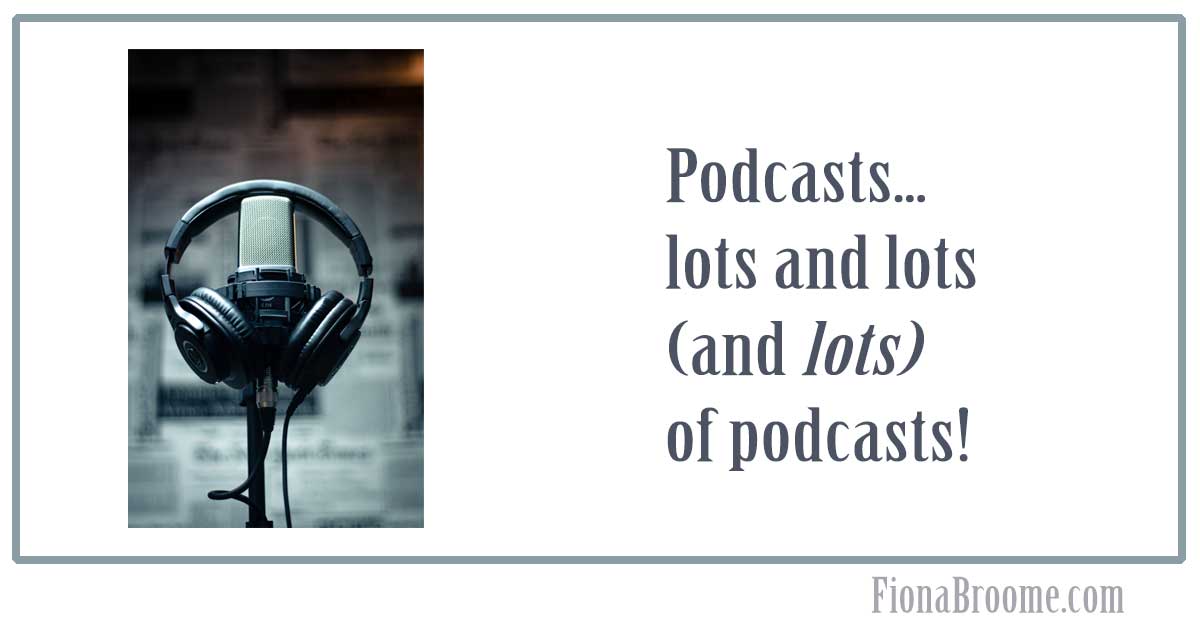Ick.
This afternoon, checking to see how my latest videos look on YouTube, I stumbled onto…
Well, here’s what I said at my Facebook Page:
On one hand, I’m flattered that my recent audiobook recordings so quickly attracted attention. (Thank you, MoneyBags73!)
Really, I thought it was kind of meta/hilarious that someone posted a video… about me posting videos.
However, I probably shouldn’t have read the comments at that gentleman’s YouTube video page. They were harsh reminders of why, several years ago, I stepped back from the Mandela Effect topic.
I’m sitting here, shaking my head and muttering, “Trolls, and those who repeat their nonsense, as if it’s true…” * sigh *
In case there’s any doubt:
1) Yes, I did start the original Mandela Effect website. (In my book/recording, I reference the topic’s quirky, collaborative start, and mentioned Shadowe in the book’s dedication.)
2) Yes, I do understand the scope of the Mandela Effect; I just don’t see the point in trying to prove it. Or even that the Mandela Effect is real.
3) No, my surname was never Broon, Broone, Broom, or Bloom. And the “witch” label actually evolved when trolls first described me as a “b—-,” and several conservative (lower-case C) critics preferred to use a euphemism instead. (I never thought they were serious about me being an actual witch… but maybe they were?)
However, I’m okay with people criticizing my voice* or my recordings. Mostly, I just wanted to put the contents of my latest book in a free – not paid – version of an audiobook. So there it is.
Okay, feeling really annoyed, that’s what I’d initially posted on Facebook.
Here’s what else I’d like to say: I don’t regret publishing the book. Or even putting the audiobook online, and making everything as free as possible. (The Kindle book is free in Kindle Unlimited, too.)
After all, I think it’s important for people to know the facts about the Mandela Effect, including
- how the topic started,
- some of its quirkier aspects and intriguing theories (like Mr. Stain’s cryptic comments, referenced in the audiobook/podcast)
- and why the original website isn’t online now.
But now, seeing what’s said about me and my work, in the first 24 hours since I became far more vocal (literally) about the Mandela Effect… yikes.
Oh, the Mandela Effect site was tremendous fun for the first year or two or three.
But once the trolls showed up… the fun:exhaustion ratio wasn’t good, and it seems as if that hasn’t improved.
I’m rethinking how to deal with this, while ensuring the visibility of the astonishingly deep insights shared in our early conversations.
Many of those observations and theories haven’t been fully explored. In the future, they may lead to important answers.
To me, it feels almost immoral to let trolls – and those who see the Mandela Effect as something to exploit – control the focus, and how the topic is perceived.
I may regret this, but I think I’m going to speak up a bit more, in case it helps. Clarify points where people are being misled. Highlight the most original theories and curious, quirky “rabbit holes” of our original conversations.
Well… maybe. I’ll need to see if that’s worth my time. If it’d be just another blog post or YouTube video (or two or three) that get lost in the algorithms, I may give this a pass.
Meanwhile, most reliable media resources give me appropriate credit for my work, establishing the Mandela Effect.
Long-time friends and fans know my role in that, as well.
I’m not sure if that’s good enough for current and future researchers to find the earliest Mandela Effect materials. But maybe it has to be?
* Should I have chosen an AI voice instead?
No, I’m not serious. LOL. Sites like ElevenLabs are producing some pretty good AI voices, but – to me – it seems important for people to hear the tone in my voice, in case that better conveys my sentiments. How flippant I am, and also what a science geek I am. The whimsical ideas that intrigue me, the cultural notes I reference, and how I say “heck” and “darn” instead of anything stronger. And so on. How all of that defines who I am. After all, text can be so vapid.

